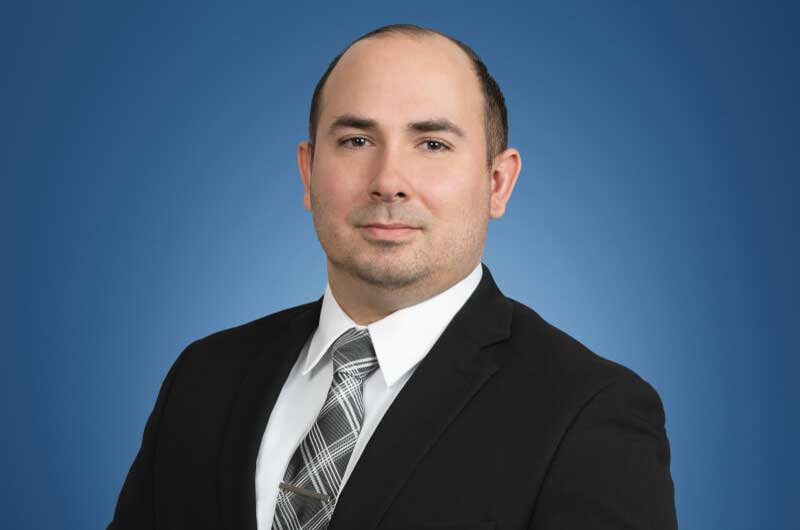An extremely important, yet sometimes overlooked issue concerning property insurance claims is whether the person or entity making the claim has an insurable interest in that property. This blog is the first in a series which will discuss a state-by-state breakdown of exactly who or what holds an insurable interest in that state. This first episode in the series will look at my home state of New Jersey.
In the Garden State, the courts have held that, “[i]n order to recover proceeds on an insurance policy, the insured must have an insurable interest in the realty, chattel or person covered by that insurance.”1 The test to determine whether an individual or entity has an insurable interest in that property is, “whether the insured has such a right, title or interest therein, or relation thereto, that he will be benefited by its preservation and continued existence or suffer a direct pecuniary loss from its destruction or injury by the peril insured against.”2
Further, the person or entity need not have any ownership in the property to have an insurable interest:
It is fundamental that one may have an insurable interest in property without any necessity of being he absolutely owner thereof. Superficially, even one who has no title, legal or equitable, in the property…has an insurable interests therein, if he will derive benefit from its continuing to exist, or will suffer loss by its destruction.3
Cases brought before New Jersey courts have found insurable interests in various relationships. “For example, in Balentine, . . . a nominal owner of property had a sufficient nexus to the property to create an insurable interest because of his potential liabilities-for unpaid real estate taxes or to a visitor injured on the premises.”4 In one of the landmark New Jersey cases concerning insurable interests, Miller v. New Jersey Insurance Underwriting Association,5 the New Jersey Supreme Court found that mortgagees who operated businesses from the insured property continued to have insurable interests after the city had obtained title to the property through foreclosure proceedings for nonpayment of real estate taxes.
On April 21, 2016, Merlin Law Group held a seminar for public adjusters in Red Bank, New Jersey, and during the presentation, Chip Merlin noted one of the first and most important things a public adjuster should do when assessing a new claim is to review the policy at issue to determine who is the named insured and whether that named insured owns the property. Getting this information locked down at the outset of a claim can help protect you from potential issues down the road.
Tune in next time to see where we stop off next. As always, I’ll leave you with a (mildly) related tune; here’s The Phil Bernardi Band, with I Like Jersey Best:
https://youtube.com/watch?v=-DdpHkwQklo%3Frel%3D0
1 Balentine v. New Jersey Ins. Underwriting Ass’n, 406 N.J.Super 137, 141 (App.Div. 2009) (citations omitted).
2 Id.
3 Id. at 142.
4 Arthur Andersen LLP v. Federal Ins. Co., 416 N.J.Super 334, 351 (App. Div. 2010) citing Balentine, 406 N.J.Super at 144.
5 Miller v. New Jersey Ins. Underwriting Ass’n, 82 N.J. 594 (1980).




